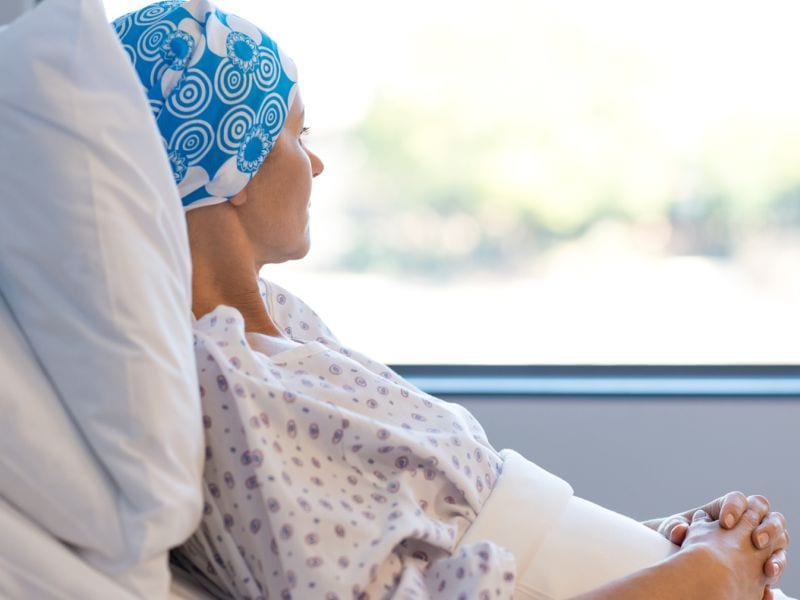Breast cancer-specific survival decreased for women previously treated with radiation for a primary cancer
WEDNESDAY, Aug. 26, 2020 (HealthDay News) — Survivors of childhood and adolescent and young adult cancer who develop a secondary breast cancer have significantly decreased breast cancer-specific survival (BCSS), according to a study published online Aug. 26 in Cancer Epidemiology, Biomarkers & Prevention.
Candice A.M. Sauder, M.D., from the University of California Davis Medical Center in Sacramento, and colleagues obtained data from 107,751 female patients ages 12 to 50 years diagnosed with primary breast cancer from 1988 to 2014 from the California Cancer Registry and 1,147 similarly aged patients with secondary breast cancer treated with radiotherapy for their primary tumor from ages 12 to 39 years.
The researchers found that the likelihood of being Hispanic or Black, being ages 35 to 45 years, having earlier-stage tumors, having higher-grade tumors, having no lymph node involvement, and being hormone receptor-negative were increased for the secondary breast cancer cohort. Worse BCSS was seen for large tumor size, lymph node involvement, and hormone receptor-negative status for all women. Women with secondary breast cancer had worse BCSS overall (hazard ratio, 1.98) and in all subgroups. The associations were strongest in Hispanics, Asian/Pacific Islanders, and younger women as well as those with earlier-stage, lymph node-negative, and hormone receptor-positive disease.
“It will be important to prospectively evaluate how certain treatments, such as specific radiation fields or chemotherapeutic agents, can affect second primary breast cancer outcomes,” Sauder said in a statement.
Copyright © 2020 HealthDay. All rights reserved.








